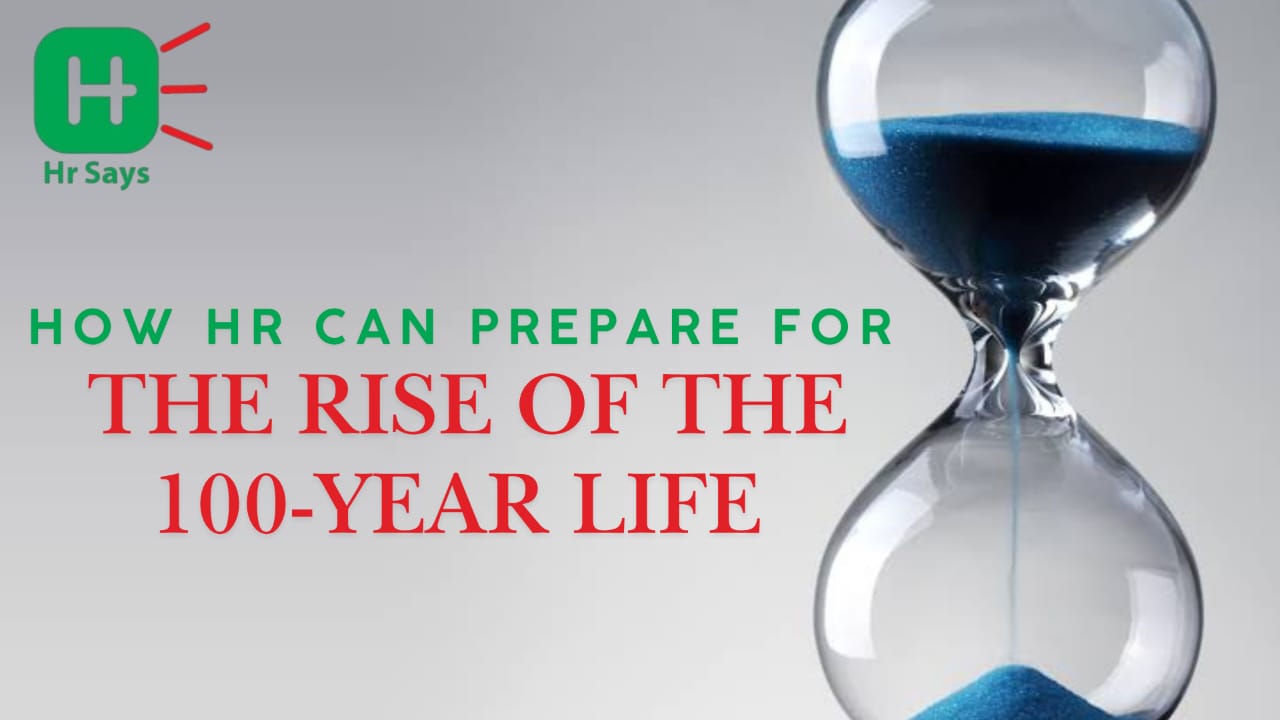What will occur when individuals live to century yet they still retire at 60?
This is no longer a question of the future. It is at the door of HR knocking gently. Increased life expectancy is changing the way people work, learn and retire. The challenge? HR is not designed for it. Not yet.
The Era of Life Extension approaches
The life span in most of the developed nations is higher than it has ever been.
● The life expectancy rate in the EU now stands at over 81 years.
● The U.S. is next at about 79.
● Life expectancy in GCC is increasing because of improvement in healthcare.
This implies that a current employee who is 25 years old could potential ly reach 100. And perhaps work even into their 70s or more.
The age of 60 as retirement age might soon become a thing of the past. There may be only one career path which may not take 50 years. The conventional work models are gradually growing slim.
What HR Should Reconsider
To adapt, HR leaders need to let go of some old assumptions.
1. Age ≠ Obsolete
● Older employees aren’t a burden.
● They’re experienced, loyal, and often emotionally intelligent.
● Roles should evolve—not end—based on age.
● Reskilling shouldn’t stop at 45.
2. Careers Will Be Non-Linear
● Employees will shift paths more than once.
● Skills will need to be refreshed constantly.
● Promotions won’t always move up—they may move across.
● Sabbaticals, career breaks, and returnships must become normal.
3. Benefits Need a Makeover
● Pensions alone won’t cut it.
● Long-term health coverage will matter more.
● Mental wellness and eldercare support should be considered.
● Flexible hours will no longer be a “perk”—they’ll be essential.
4. Lifelong Learning Must Be a Culture
● The training cannot be a single onboarding module.
● The learning platforms ought to be continuous, individual and inclusive of ages.
● The power tool can be the cross-generational mentoring.
Where It Gets Complicated
There will be friction.
● Younger employees may feel squeezed.
● Age bias may rise subtly.
● Salary structures may need reshaping.
● Managers will be forced to lead mixed-age teams with empathy.
This isn’t about pleasing everyone. It’s about building a workforce model that bends, not
breaks. A model that works at 25—and still works at 65.
Conclusion
The 100-year life is no longer a theory. It’s a trend in motion. HR teams that adapt will future-proof not just their people—but their organizations. Those that don’t may lose touch with reality.
Work is changing. Lifespans are stretching. The question is—can HR keep up?

 With the increased life expectancy, the outdated employment and retirement model is slowly becoming obsolete. HR professionals must reconsider age, careers and employee value in order to design workplaces that will help people to work longer and more flexibly.
With the increased life expectancy, the outdated employment and retirement model is slowly becoming obsolete. HR professionals must reconsider age, careers and employee value in order to design workplaces that will help people to work longer and more flexibly.








.jpeg)
.jpeg)

.jpeg)





.jpeg)



.jpeg)

.jpeg)



